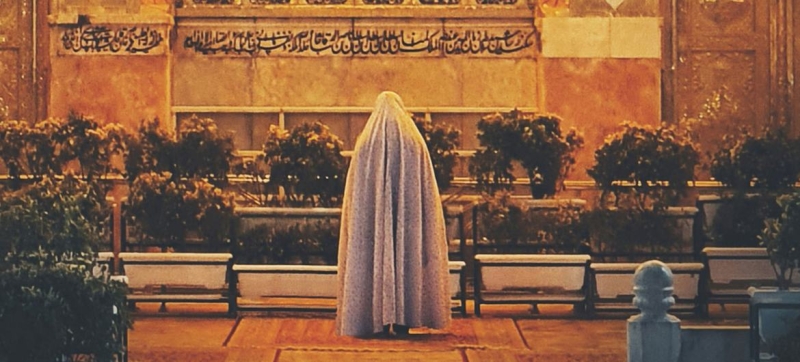
Iranian authorities step up crackdown on women. Iran steps up crackdown on women and girls Human Rights
Two years after protests erupted over the death of 22-year-old Gina Mahsa Amini in custody, the Iranian government has stepped up efforts to suppress women’s and girls’ rights and women’s activism, the UN Independent International Fact-Finding Mission on Iran warned on Friday.
Gina Mahsa was arrested by Iran’s “morality police” in Tehran on September 13, 2022, on charges of violating Iran’s hijab laws. Her death in custody three days later sparked protests that spread across the country.
Intensifying Crackdown
Over the next two years, even as the mass protests died down, women and girls continued to commit acts of defiance, resisting a system that relegates them to the status of “second-class citizens.” Since April 2024, the authorities have “intensified repressive measures and policies under the so-called Noor plan (noor meaning “light” in Persian), encouraging, sanctioning and condoning human rights violations against women and girls who disregard the mandatory wearing of the hijab,” the mission said in a statement.
Security forces have intensified their use of physical violence, including beatings and slaps, against women and girls deemed to be in violation of relevant laws and regulations, as evidenced by dozens of videos. In parallel, government agencies have stepped up surveillance of hijab rules in public places through the increased use of surveillance equipment, including drones.
Meanwhile, the “Hijab and Chastity” bill is in the final stages of approval by the Guardian Council of Iran’s Constitution. It provides for harsher penalties for women who do not wear the hijab, including hefty fines, longer prison terms, restrictions on work and education rights, and travel bans.
The Death Penalty as a Tool of Intimidation
The mission experts also express deep concern about the new practice of imposing death sentences on women activists, including those belonging to ethnic and religious minorities in Iran, who are convicted of crimes against national security. Over the past two years, the death penalty and other punishments have been used as tools to intimidate citizens and suppress protests and free expression.
“Without any deterrent measures by the State against the increasing violations against women and girls, there is no realistic hope that victims and survivors will be able to fully access the fundamental rights and freedoms to which they are entitled and which the Islamic Republic of Iran has an obligation to respect and ensure,” the experts said in a statement.
The mission reiterated its call on the Iranian government to immediately stop executing protesters, to impose a moratorium on the use of capital punishment with a view to its eventual abolition, and to immediately and unconditionally release all persons arbitrarily deprived of their liberty in connection with the protests, especially women and children.
The Iranian authorities must end their repressive policies aimed at suppressing women and girls, the experts stressed.
The Role of International communities
Given the government’s failure to bring perpetrators to justice and the widespread impunity in Iran for grave violations of human rights and international law, the Mission called on UN Member States to intensify their efforts to restore justice.
“The Mission calls on States to investigate, prosecute and punish those responsible for crimes against women and girls committed in the context of the Women, Life, Freedom movement in their national courts, including in accordance with the principle of universal jurisdiction and without procedural restrictions,” the experts said.
The Mission also calls on countries to expedite the processing of asylum applications and to grant humanitarian visas to victims of reprisals, especially those who have suffered trauma and those brutally are being pursued.
